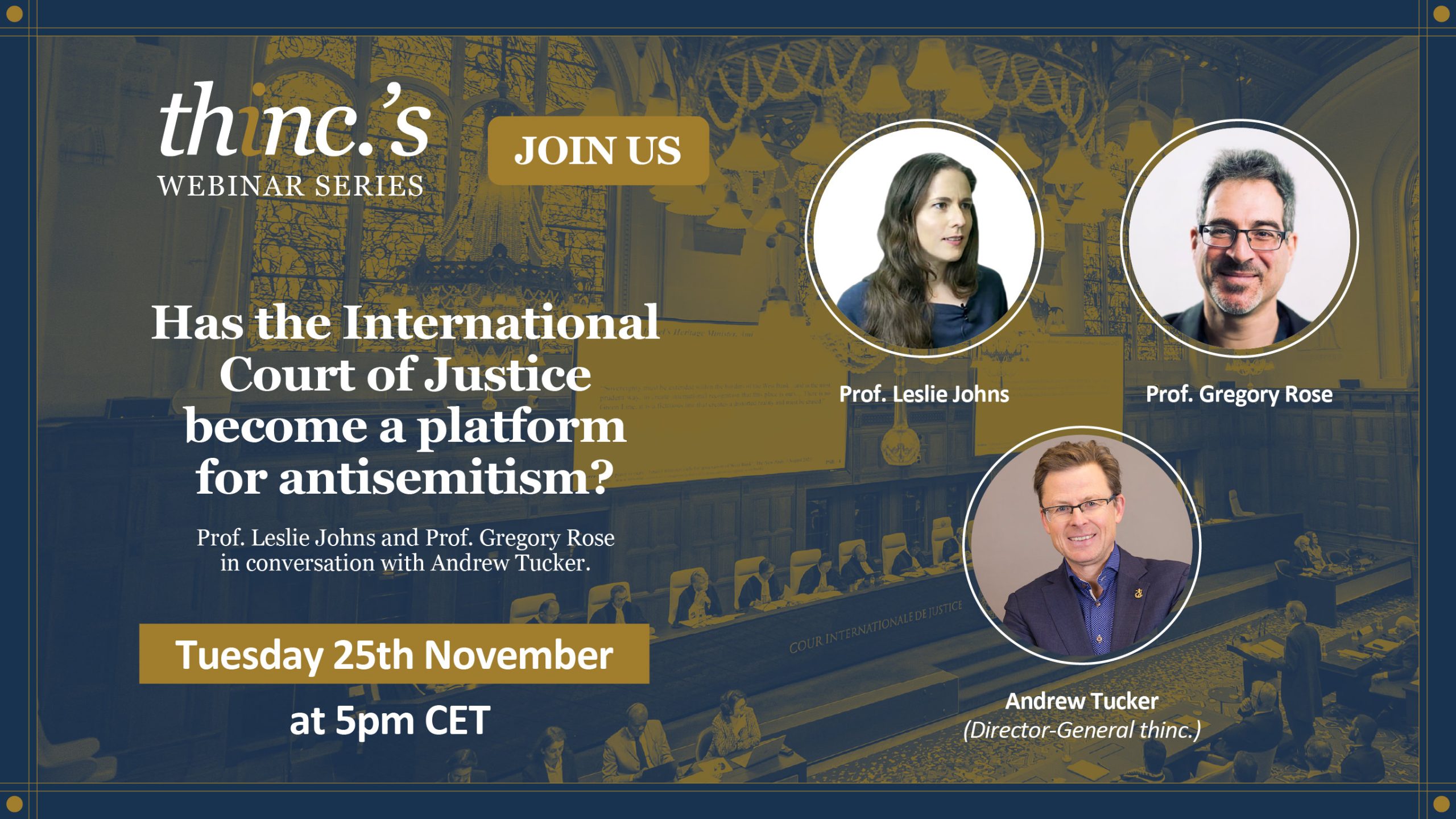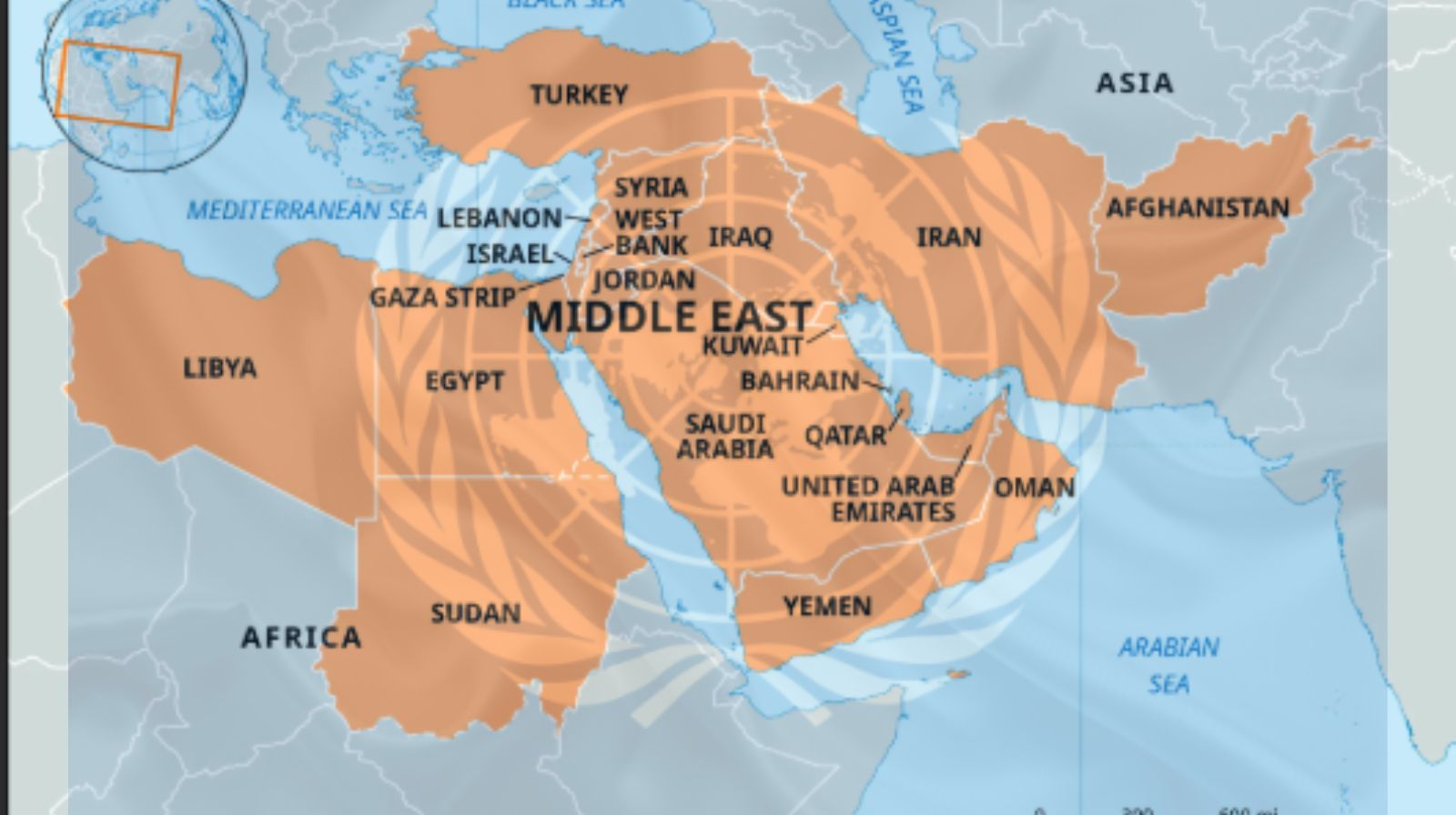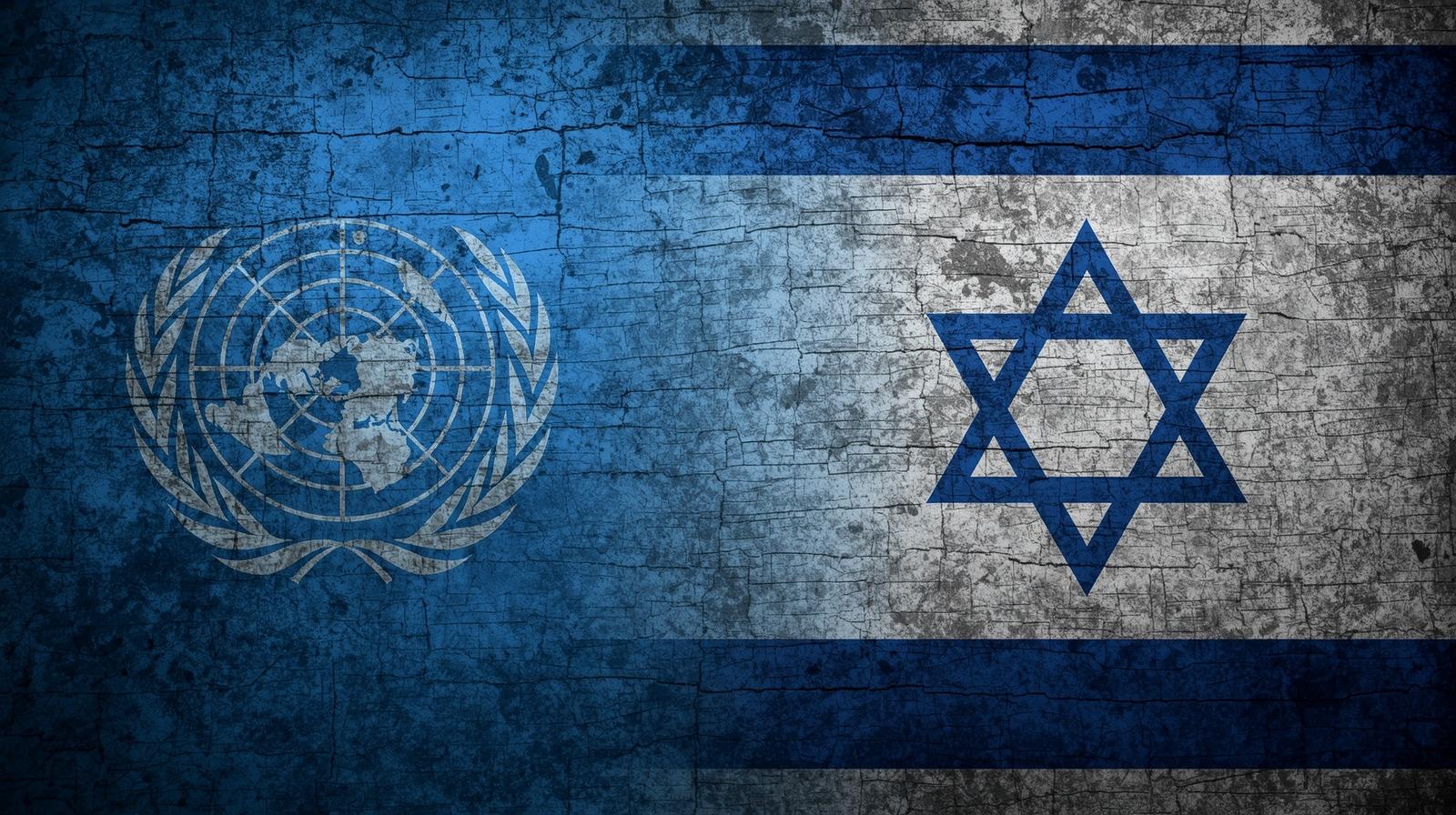by Prof. Gregory Rose, thinc. Senior Fellow
Synopsis
In September 2025, the 80th Session of the United Nations General Assembly will again consider recognition of Palestine as a state. This is the third time that the General Assembly has addressed this question, following sessions in 1988 and 2013 that did so. The campaign for full statehood has made steady progress. Each time it is considered, the number of States recognising Palestine as a peer sovereign state increased. Currently, 147 UN member states recognise Palestinian statehood.
If it were plain fact that Palestine is in fact an extant state, then it would be odd to need to repeatedly mobilise the UN General Assembly to adopt resolutions stating so. To the contrary, many UN member states that recognize Palestine as a sovereign state do so in ambivalent terms. Furthermore, Palestine was unsuccessfully nominated to the UN Security Council for membership of the United Nations in 2011 and again in 2024.
It is the central argument in this paper that national declarations that purport to recognise Palestine as a fully-fledged state are wrong in law and harmful to peace. The legal concept of statehood and the integrity of international law are collateral damage in the Palestinian statehood diplomatic offensive.
These declarations of recognition assume a one-fits-all size and shape of self-determination. However, full Palestinian statehood is not the only available expression of self-determination in international law. There are many and various forms of self-determination that can be considered. The Jewish and Arab peoples of Israel and Palestine can be saved from the chaos of violent conflict, if we look broadly to consider the available range of autonomy arrangements for peaceful self-determination that international legal practice offers and that might better serve both parties.



